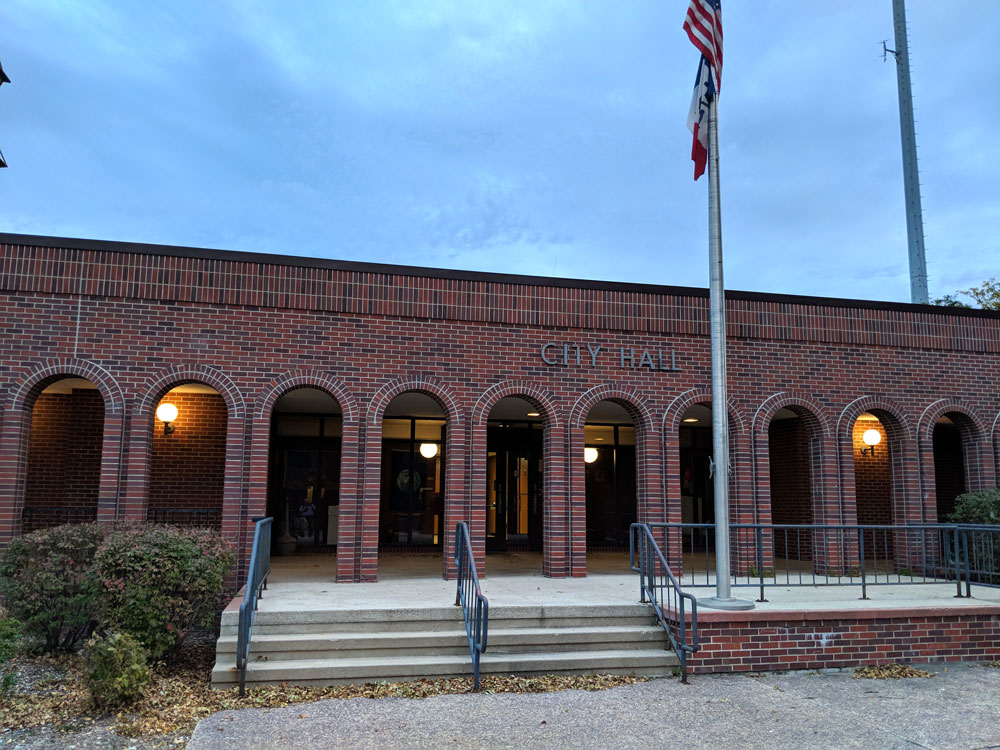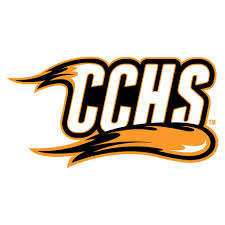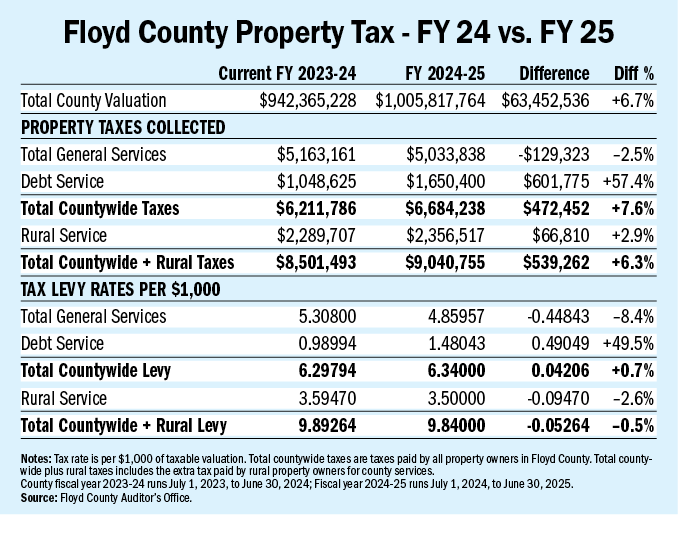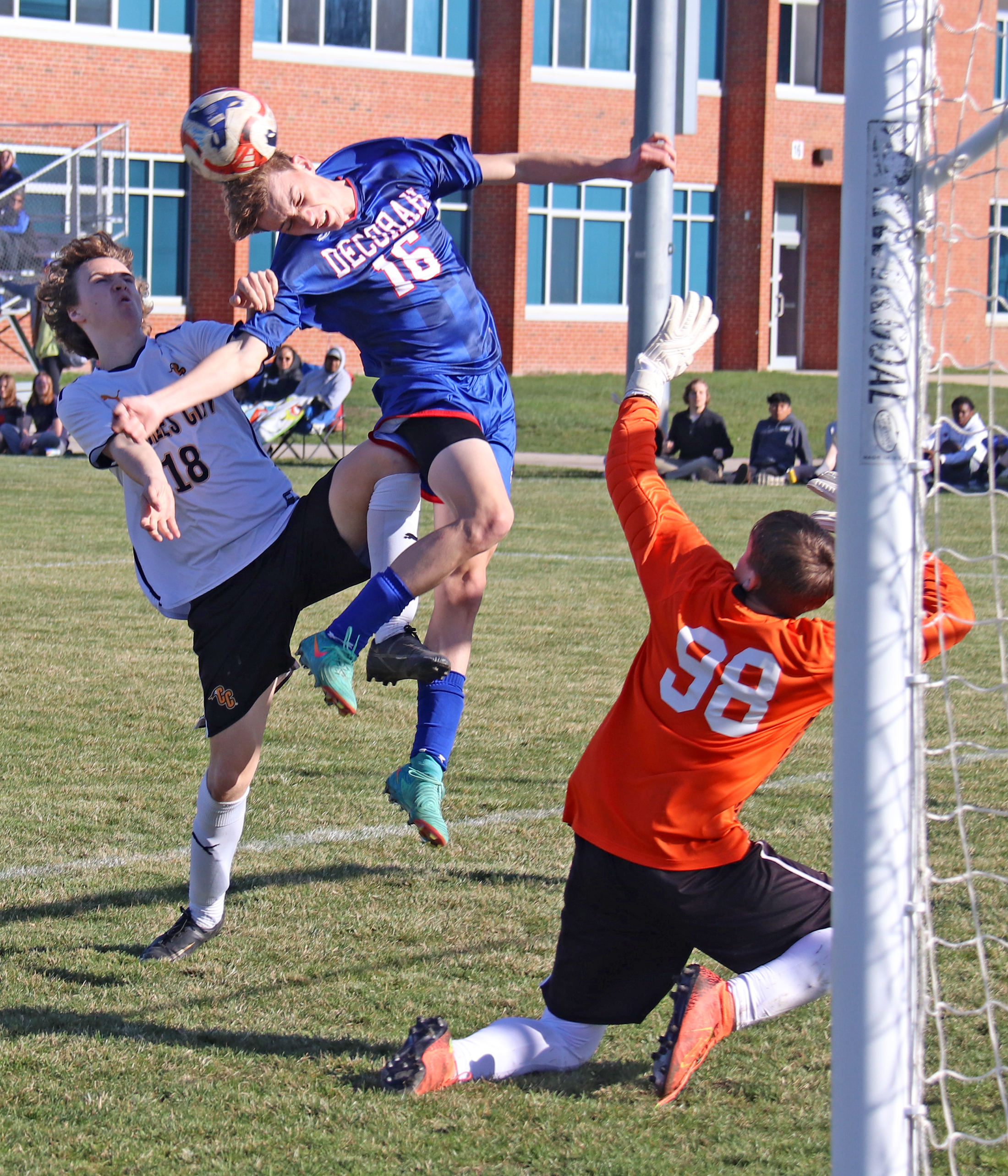Red Cross sends Charles City’s Coulson to California to help wildfire victims

(Press photo James Grob.)
By James Grob, jgrob@charlescitypress.com
The Camp Fire — the deadliest wildfire in California history — was fully contained on Nov. 24.
But that doesn’t mean the people who live there no longer need help, and that’s where Stuart Coulson of Charles City comes in.
“People kind of forget that the disaster is still going on long after the fire is out,” Coulson said. “There have been thousands of people in shelters ever since the fire.”
Coulson got the call from the Red Cross earlier this week, and he’ll be flying out of Des Moines today (Friday) to California, where he’ll find out what needs to be done.
Coulson, a retired school counselor in Charles City, is designated DMH — that’s disaster mental health — with the Red Cross, but that doesn’t necessarily mean that’s what he’ll be doing.
“Ideally I’ll be using my skill set, but I could get there and my job could very easily be loading a supply truck, or driving a supply truck,” he said. “When you’re volunteering for the Red Cross, you’re just volunteering. You’re just saying, ‘Use me.’ You do what is needed.”
The Camp Fire was the deadliest wildfire fire in the United States in more than 100 years. It formed in the densely-populated foothill town of Paradise and lasted 17 days, causing 86 fatalities.
It also covered an area of more than 150,000 acres and destroyed nearly 19,000 structures. Insured damage was estimated to be nearly $10 billion.
“It’s been an incredibly traumatic thing,” Coulson said. “This has been months and months for these people with no home, nowhere to go. They’re in a position where they’re thinking, ‘what do I do now?’ and they don’t have any answer. These people need someone who will help them with a plan to help them move forward.”
Since first volunteering with the Red Cross during Hurricane Katrina in 2005, Coulson has been to about 20 disaster areas, and this is as late as he’s ever been asked to come.
“My primary duty is in sitting down and working with people and giving them comfort, hope and recovery. That’s my skill set,” Coulson said. “It’s so stressful on the human psyche, to not know what’s going on from one day to the next.”
He will be going to a shelter with 700 people to help. While he’s there, Coulson will be staying in a basic shelter — just like the people he’ll be helping — with no amenities, not even indoor plumbing. Coulson expects he’ll probably be working a two-week cycle, but nothing is certain.
“When you get a Red Cross plane ticket, it’s one-way,” Coulson said. “So you get your other ticket when the time comes for you to return home.”
Coulson said that’s standard procedure when you volunteer with the Red Cross.
“You essentially tell them, these are the dates I’m available, and when I get a call, I’ll be ready in 24 hours,” he said.
Coulson said that the Red Cross will often work on disaster relief side-by-side with FEMA — the Federal Emergency Management Agency — but he doesn’t know if the government shutdown has impacted what that agency can and cannot do.
“I haven’t heard specifically what FEMA is doing,” he said.
In a statement before Christmas, FEMA spokesman Michael Hart said the 600 FEMA employees deployed to fire recovery efforts in Southern California are paid from federal funds that are separate from the current Congressional budget negotiations, so at least in the short term, the agency can still do its work through the shutdown.
Coulson has a long history working with the Red Cross and assists with disaster mental health with both victims and responders. Most of the time, Coulson meets with families who have lost everything, victims of wildfires, floods, tornadoes and hurricanes. In the last month, Coulson has assisted with three local-area fires, two in Mason City and one in Aplington.
“This is probably our greatest need, and it’s where my heart is with the Red Cross — working locally,” he said. “We need volunteers, and to be a volunteer, you just have to be a person who says ‘I wanna help.’”
Since he retired four years ago, he said he has gone to four or five disasters per year.
“It’s busy, it’s great people who are appreciative, and it’s good work,” Coulson said. “The Red Cross is an amazing organization.”








Social Share